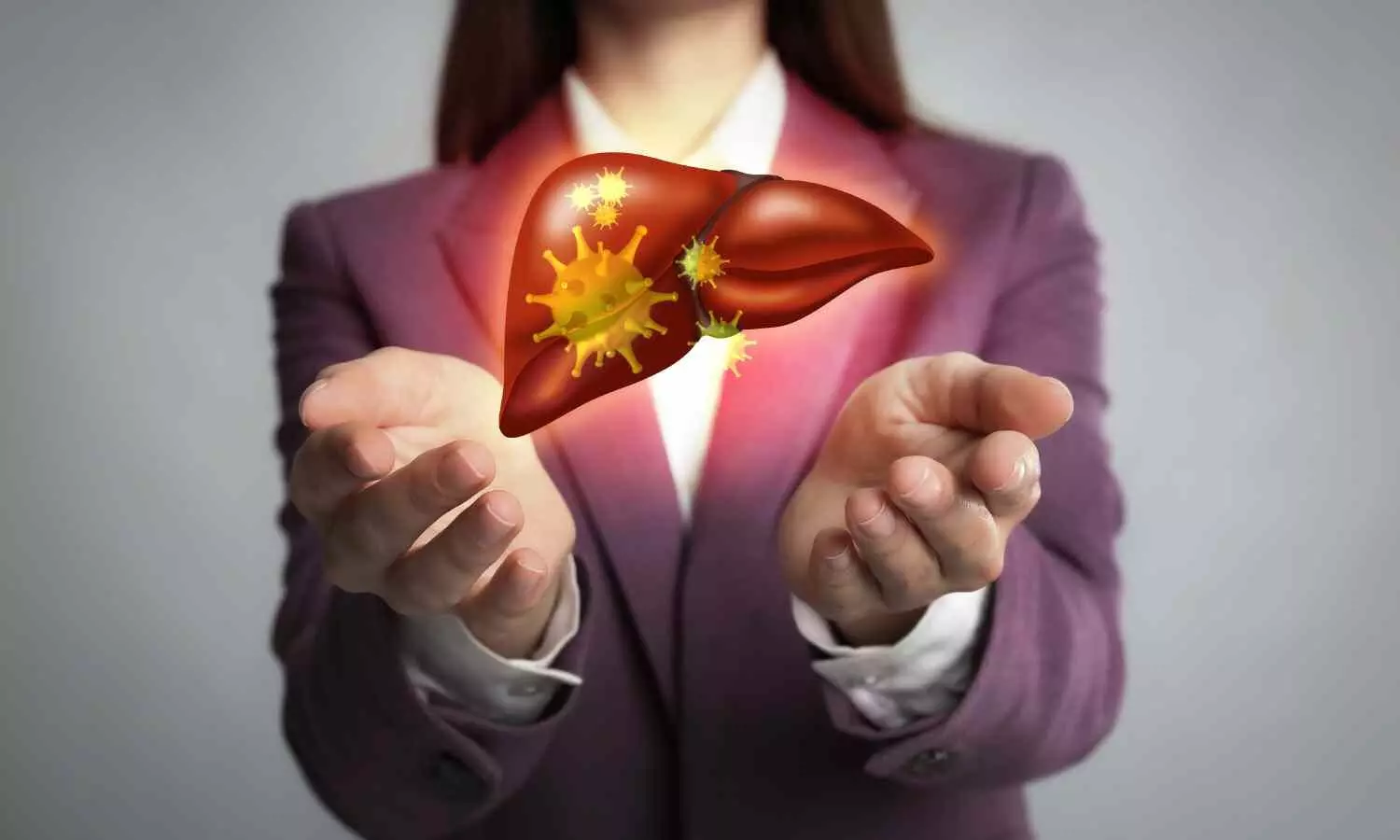Continuous Terlipressin Infusion Improves Muscle Strength and Reduces Ascites in Cirrhosis: Study

Researchers found that continuous terlipressin infusion (CTI) significantly improved muscle strength, reduced ascites, and enhanced quality of life in patients with decompensated cirrhosis and portal hypertension. In a recent study CTI was associated with improved clinical outcomes, including improved handgrip strength and reduced paracentesis volume, compared with a period of observation. The study was published in the Hepatology journal by Terbah R. and colleagues.
The single-center, prospective, cross-over study originally included 30 patients suffering from cirrhosis with ascites and sarcopenia. Patients were randomly divided into two groups: one group was administered with CTI for 12 weeks, and the other one was under observation for 12 weeks, followed by a crossover to the opposite treatment. This trial will determine whether CTI enhances muscular strength and reduces the need for paracentesis in decompensated cirrhotic patients. Co-primary outcomes included changes in handgrip strength and total volume of ascites drained. Secondary outcomes measures assessed quality of life, measures of sarcopenia, renal function, safety, and rates of hospitalization.
The mean age of the participants was 62 years, with a median MELD-Na score of 16, ranging from 12.3 to 20.8. Of the participants, 73% were male. Handgrip strength and ascites volume were measured during the study, along with quality of life markers according to the CLDQ and renal function markers like serum creatinine and urinary sodium excretion.
Key Findings
The study finally showed several major clinical outcomes that favored significant improvement in patients receiving CTI:
-
The muscle strength significantly improved in the patients receiving CTI, with a MAD of 3.09 kg (95% CI: 1.11–5.08 kg), reflecting an increase of 11.8% from baseline, at a p-value of 0.006.
-
A significant reduction in volume, drained for ascites post-CTI, is realized with a mean absolute difference of 11.39 L [95% CI: 2.99–19.85 L, p=0.01]. Also, patients required 1.75 fewer episodes of paracentesis [95% CI: 0.925–2.59, p<0.001] compared to the observation period.
-
Serum creatinine levels were reduced and urinary sodium excretion increased during the treatment phase with CTI (all p < 0.001), demonstrating that there had been an improvement in renal function from the infusion.
-
There was a significant improvement in general well-being, as evidenced by an increase in CLDQ scores of 0.41 points (95% CI: 0.23–0.59, p<0.001), reflecting improved quality of life following CTI treatment.
This novel study represents the first demonstration of CTI to improve handgrip strength, reduce paracentesis volume, and enhance quality of life in patients with decompensated cirrhosis and portal hypertension. Therefore, in view of this positive effect of CTI on these clinically relevant outcomes, CTI is a useful treatment for symptom management in cirrhosis, especially in those patients with ascites and muscle wasting. Further confirmation and additional studies are required to confirm these observations and explore the long-term benefits of CTI in medical management for cirrhosis.
Reference:
Terbah, R., Testro, A. G., Hoermann, R., Majumdar, A., Chapman, B., Gow, P. J., & Sinclair, M. (2024). Continuous home terlipressin infusion increases handgrip strength and reduces ascites—A prospective randomized crossover study. Hepatology (Baltimore, Md.), 80(3), 605. https://doi.org/10.1097/hep.0000000000000820
from Medical News, Health News Latest, Medical News Today - Medical Dialogues | https://ift.tt/zBuF1Cr
Comments
Post a Comment